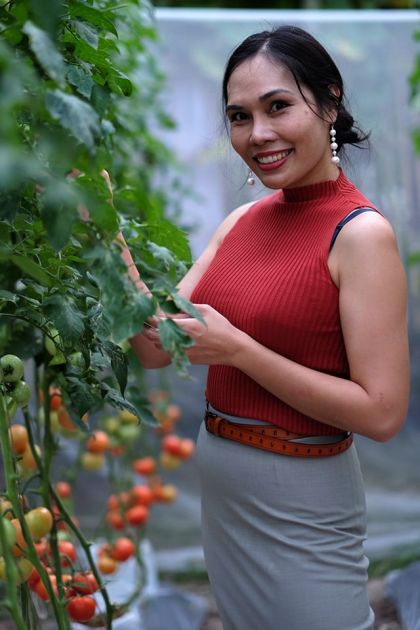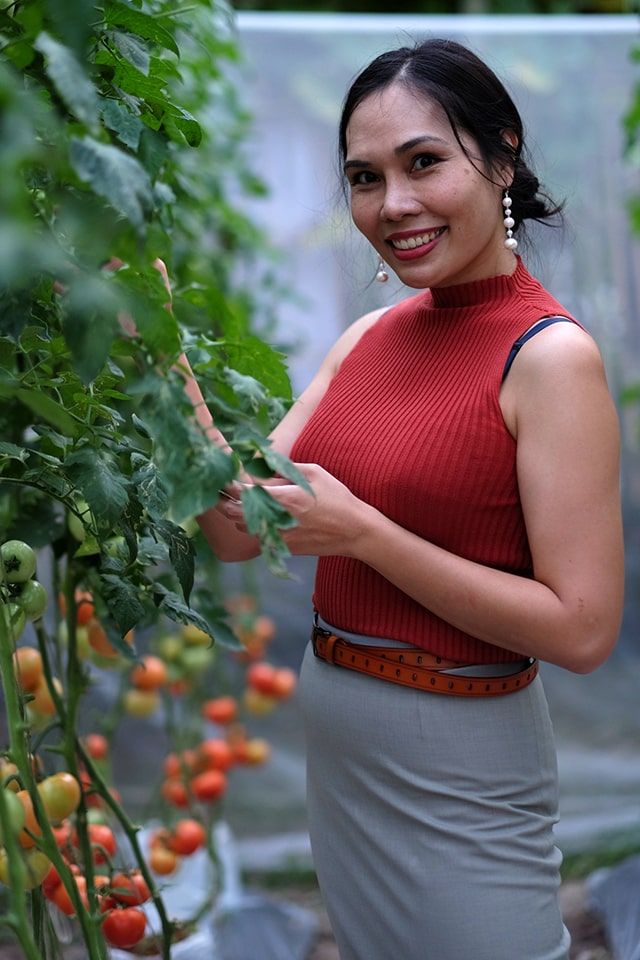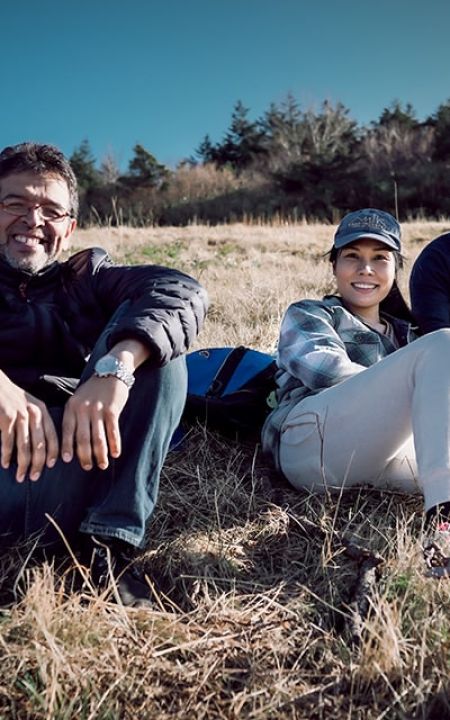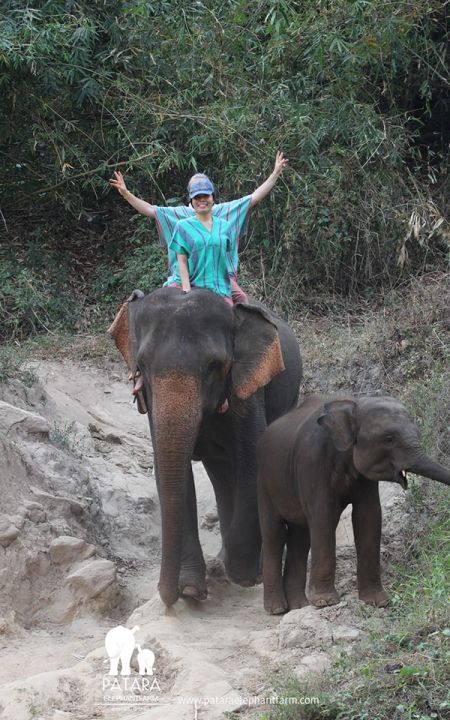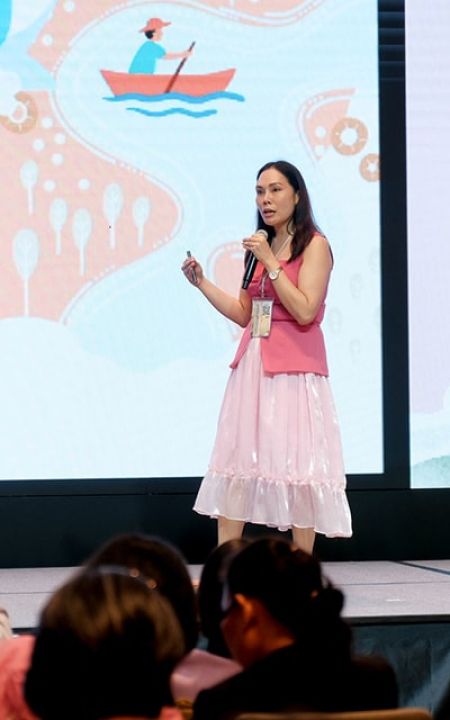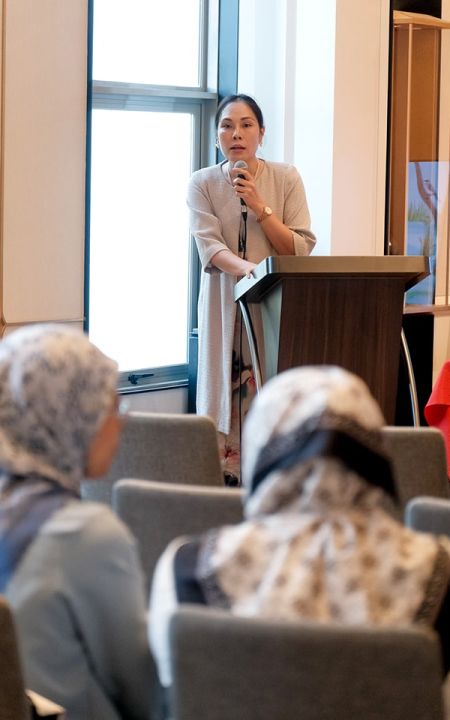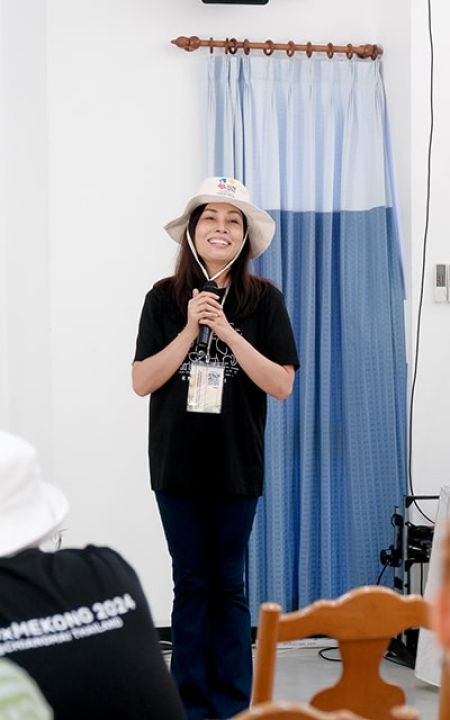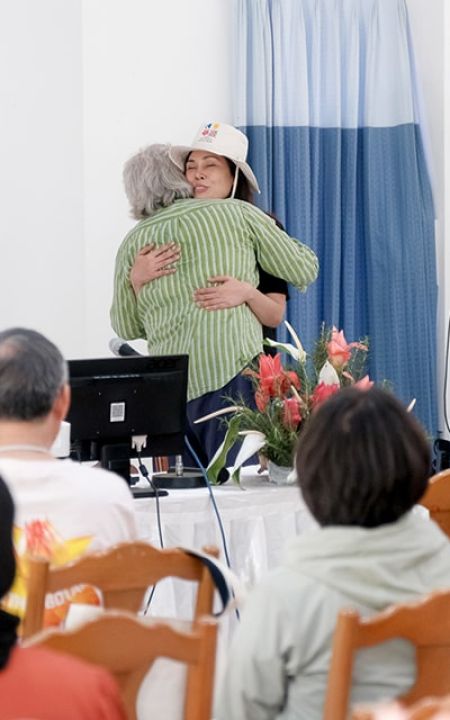Turning Waste into Wealth
How Dr. Sarana Sommano champions sustainable agriculture and food innovation in Thailand
"We create a lot of leftover plant materials...I believe these leftovers can be turned into valuable things."
Her passion for innovation is deeply rooted in her academic journey. Assoc. Prof. Dr. Sarana's background in Food Science and Agricultural Technology provided her with a strong understanding of the intricate journey of food from farm to plate. But her curiosity did not stop at food production; she became increasingly drawn to what happens to what's left behind.
"We create a lot of leftover plant materials like peels and imperfect produce. I believe these leftovers can be turned into valuable things," she explains.
This insight became the cornerstone of her research. Recognizing the untapped potential in agricultural biomass, she began exploring how these byproducts could be repurposed into high-value bioactive compounds. Over the past two decades, her work has expanded to include phytochemistry, advanced extraction techniques, and technology development aimed at enhancing the efficiency of extracting bioactive compounds from plant materials. These efforts have not only advanced scientific understanding but have also opened new opportunities for farmers and food producers in Northern Thailand, a hub for extensive industrial crop cultivation and food processing.
This strong alignment between research and regional development has defined her contribution to Chiang Mai University's institutional goals. At the heart of her work is the Faculty of Agriculture's mission to enhance food production and foster value addition to agricultural materials, thereby empowering local farmers and entrepreneurs to overcome developmental challenges.
"My research group actively collaborates with numerous farmers and food producers, with a particular emphasis on local industrial crops and products such as garlic and tropical fruit producers, helping them reduce postharvest losses and facilitate the adoption of alternative upcycling technologies for agricultural byproducts," reveals Assoc. Prof. Dr. Sarana.
These partnerships exemplify how academic research can translate into real-world benefits. The outcomes of her research optimize resource utilization, reduce the sector's carbon footprint, and empower communities through training and knowledge-sharing. Importantly, farmers are not mere recipients of support; they are also collaborators in creating solutions.
Of course, innovation is not without its challenges. A significant hurdle in her work has been the accessibility and affordability of advanced processing technologies for small-scale producers. Assoc. Prof. Dr. Sarana and her team have responded by pioneering low-cost, practical solutions.
"We are exploring value-adding technologies that can be seamlessly integrated into existing processing lines without incurring additional capital expenditure for the producers," she shares. This includes green technologies, like using recycled solvents and low-cost extraction tools, so small producers can also participate in sustainable innovations.
Her forward-thinking approach extends beyond national borders. Assoc. Prof. Dr. Sarana is actively engaged in collaborative research with international partners in Germany and Australia to develop closed-loop systems for fruit crops such as mangoes and tangerines. These efforts aim to convert non-marketable biomass into high-value compounds and reintegrate them into the production cycle, creating circular, sustainable systems.
This global perspective complements her continued exploration of local biodiversity. She is currently investigating underutilized legumes and edible flowers native to Northern Thailand and assessing their potential to contribute to regional food security. By integrating plant taxonomy, ethnobotany, and nutritional science, her research aims to discover new protein and functional ingredient sources suitable for Southeast Asia's evolving food systems.
Beyond research, Assoc. Prof. Dr. Sarana is deeply invested in nurturing the next generation of scientists. As a mentor, she encourages young professionals to plan with intention, think critically, and stay engaged with real-world challenges.
"My key advice to them is to recognize the paramount value of their time," she says.
She advocates for project-based learning and direct industry engagement to build essential communication and problem-solving skills—tools she believes are essential to future agricultural leaders.
Perhaps the most fulfilling part of her journey has been witnessing the ripple effect of her mentorship. Many of her former students have gone on to mentor others, applying what they have learned to support new generations of professionals.
"Their actions suggest that they have not only benefited from my instruction but also consider me a role model in their professional development," she reflects.
As a highlight of her SEARCA Professorial Chair Grant, Assoc. Prof. Dr. Sarana shared her insights through a public lecture, titled "Recovery of Value-adding Components from Agro-food Biomass: The Bio-Circular-Green (BCG) Approach of the Thai Agri-food Industry," on 28 October 2024 at Universiti Teknologi MARA (UiTM) in Malaysia. By advocating for the reconceptualization of agricultural waste as a valuable resource rather than refuse, this lecture directly supports UN SDG 13, which aims to reduce emissions and promote sustainable practices in agriculture and food production.
Through her research, mentorship, and advocacy, Assoc. Prof. Dr. Sarana Sommano exemplifies how one's vision can transform agricultural waste into economic opportunity, build community resilience, and inspire a new generation of changemakers committed to a greener, more sustainable future.
